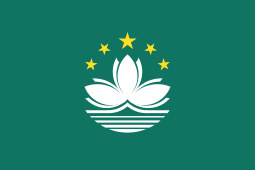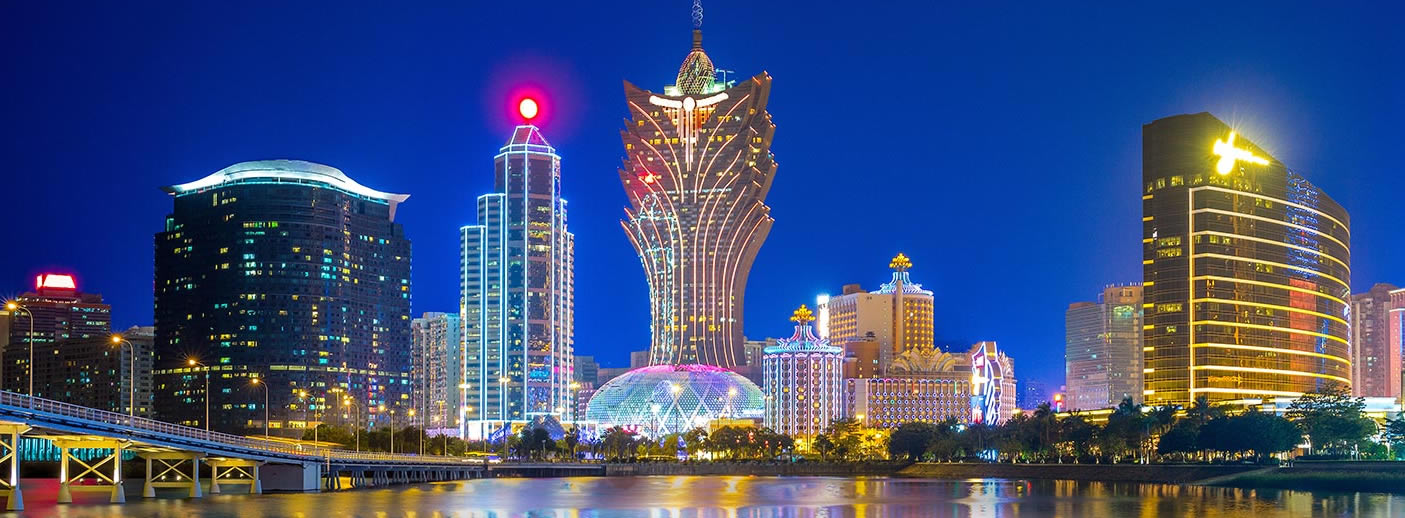Language/Yue-chinese/Culture/Macau-Timeline
< Language | Yue-chinese | Culture
Jump to navigation
Jump to search
Rate this lesson:
Historical Timeline for Macau - A chronology of key events
Macau Timeline[edit | edit source]
Portuguese period[edit | edit source]
- The first Portuguese arrived in China in 1513 on the island of Lintin which they claimed in the name of the King of Portugal. During the following years, the Chinese authorities wanted to demonstrate their sovereignty over the region and expelled several adventurers. In 1536, following damage, the Portuguese obtained the right to anchor at Haojingao. The start of the colony dates from 1553, the year in which the first permanent buildings were established.
- Macao soon became a prosperous city. It was a natural center for Portuguese trade with Japan, China, India and Southeast Asia in general. In 1557, the Portuguese government signed an official lease with the Chinese government in exchange for an annual tribute and established a village. The territory remained under Chinese sovereignty, however, and Chinese citizens subject to Chinese law. In 1605, an attack by the Dutch fleet prompted the Portuguese to build a wall around the village without permission from China.
- Macau continued to prosper until the decline of the Portuguese Empire in the mid-17th century. Among other things, it was the center of China-Japan trade when it was officially banned by China in 1547.
- Macao was under the jurisdiction of the "Portuguese State of India" ("Estado português da India") until April 20, 1844. Subsequently, it was recognized as an overseas province by Portugal, but not by the China. In 1845 Macao was declared a free port, the Chinese elites were expelled, and the Portuguese government began to tax Chinese workers. Independence was declared in 1849 when Portugal stopped paying tribute to China. China had the governor of Macao assassinated that same year. In retaliation, Portugal invaded the island of Wanzhai, which it returned to China in 1887. Ultimately, Portugal took control of the islands of Taipa and Coloane in 1851 and 1864.
- A peace treaty, the Treaty of Tianjin, was signed in 1862 recognizing Portuguese sovereignty over Macao, but this treaty was never ratified by the Chinese authorities. Another treaty, the “Protocol regarding relations between the two countries”, was signed in Lisbon in 1887. This treaty confirmed the occupation and perpetual control of Macao by the Portuguese authorities, but without defining its borders. Portugal also pledged not to leave Macao without China's agreement.
- The Empire of Japan, which had militarily invaded Hong Kong, established a virtual protectorate over Macau in 1943, although Portugal was neutral in World War II. Japanese rule ended in 1945.
- In 1949, when the Communists took power in mainland China, they did not recognize the 1887 treaty. However, they were not ready to resolve the matter immediately and demanded that the status quo be maintained. They took the same position regarding Hong Kong.
- When the pro-Chinese riot broke out in 1966, the Portuguese government negotiated with the Chinese government to stop the flow of refugees and stop the crowd movements. Portugal then proposed to cede Macao completely to China, an offer which was refused. In 1974, after the Carnation Revolution in Portugal, the Portuguese government decided to grant independence to all overseas colonies and recognized Macao's membership in China. China once again refused to take charge of the administration of the territory.
Retrocession[edit | edit source]
- Portugal and the People's Republic of China first established diplomatic relations in 1979. A joint communiqué signed on May 20, 1986 called for negotiations on the subject of Macao. A "Joint Declaration on the Question of Macao", which announced the return of Macao to Chinese sovereignty on December 20, 1999, was signed on April 13, 1987.
- Macao is today a special administrative region. Under the formula "one country, two systems", Macao does not practice the socialist economic system of mainland China and has a high level of autonomy, except in matters of defense and foreign affairs.
Source[edit | edit source]
World Timelines[edit source]
Other Lessons[edit | edit source]


